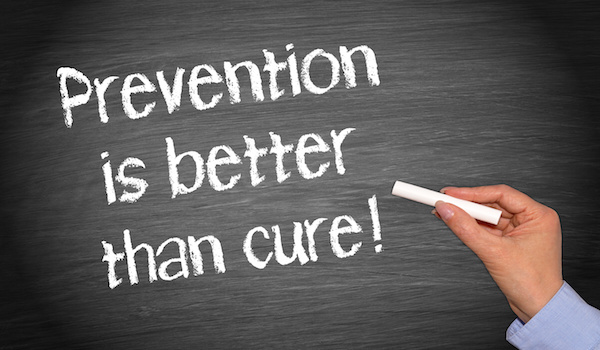
THURSDAY, April 8 (HealthDay News) — Many states raised their excise taxes on cigarettes last year, but none are using that new-found money for controlling tobacco use, health officials report.
In 2009, 14 states and the District of Columbia raised their excise tax on cigarettes, increasing the national mean tax from $1.18 a pack in 2008 to $1.34 a pack in 2009, according to a report by the U.S. Centers for Disease Control and Prevention (CDC).
“We know that increases in cigarette prices are one of our most effective and efficient strategies for both preventing youth initiating and helping young adults and other adults to quit smoking,” said report contributor Terry Pechacek, the associate director for science of the CDC’s Office on Smoking and Health.
But investing taxation-derived funds into tobacco prevention and control would further reduce smoking, Pechacek said.
The report is published in the April 9 issue of the CDC’s Morbidity and Mortality Weekly Report.
Excise taxes on cigarettes vary widely state-to-state. Rhode Island has the highest tax at $3.46 a pack, while South Carolina has the lowest at just 7 cents a pack. Connecticut’s tax is also over $3.
States that have high tobacco taxes and devote funds to tobacco control programs will save on health costs in the long run, Pechacek noted. “Reducing tobacco is good for the bottom line,” he said.
For example, California, which devotes its tobacco tax dollars to public health programs, estimates a $50 payback in reduced health care costs for each dollar devoted to these programs, Pechacek said. California’s excise tax on cigarettes is 87 cents a pack.
“Using resources of the excise taxes, raising the price of a pack of cigarettes is a really good investment in public health,” he said.
Another CDC report in the same issue found that cigarette minimum price laws — another way of keeping cigarette prices high — is also effective in getting people to quit.
In 2009, 24 states and the District of Columbia had minimum price laws, but just seven of them also outlawed the use of trade discounts in calculating the minimum price of cigarettes.
Cigarette makers give trade discounts to dealers in an attempt to circumvent increases in excise taxes and keep cigarette costs down, Pechacek said.
“There are many ways in which the industry can blunt the effect of excise tax increases, and the 10 states with the lowest excise taxes had an absence of any legal protections against discounting and other price cutting mechanisms,” he said.
Of the 10 states with the highest excise taxes, eight also have minimum price laws, Pechacek noted.
“The ultimate thing is to have the public health benefit of the high prices,” he said. “While we are making progress, the industry is responding by having dramatic efforts in discounting and other types of value-added efforts to blunt the effect of the public health goal of having a higher retail price.”
In a press statement released Thursday, American Heart Association CEO Nancy Brown said her group, “applauds states that have raised their tobacco taxes and urges those that lag behind to take corrective action. While we urge all states to raise their tobacco taxes, we would especially encourage the 30 states and territories that currently have a cigarette tax below $1.50 per pack to consider the benefits of a cigarette tax increase of at least $1.00 per pack.”
Philip Morris, the largest U.S. tobacco company and the only one to support legislation allowing the U.S. Food and Drug Administration to regulate tobacco, firmly opposes raising excise taxes on cigarettes, according to information on the company’s Web site.
The company claims the tax is regressive, taxing all smokers at the same rate, and places a burden on low-income smokers, who can least afford it. The taxes also make selling contraband and counterfeit tobacco products more attractive, it claims.
In addition, Philip Morris says tobacco excise taxes reduce the income of retailers and wholesalers who sell tobacco products, while doing little to solve state budget problems.
More information
For more information on quitting smoking, visit the U.S. Centers for Disease Control and Prevention.

